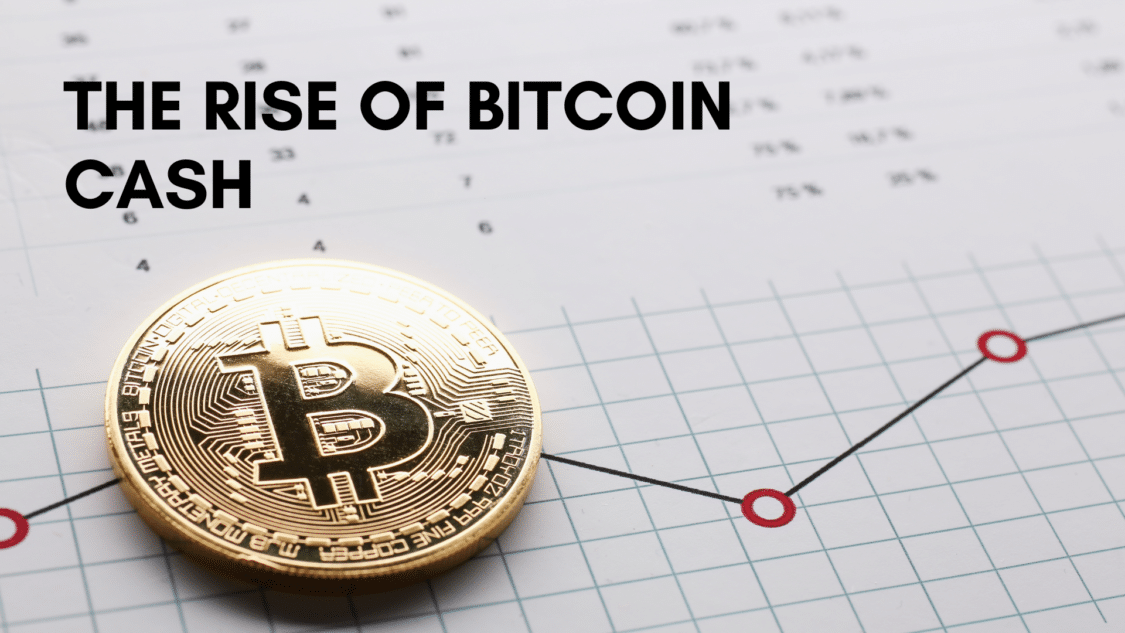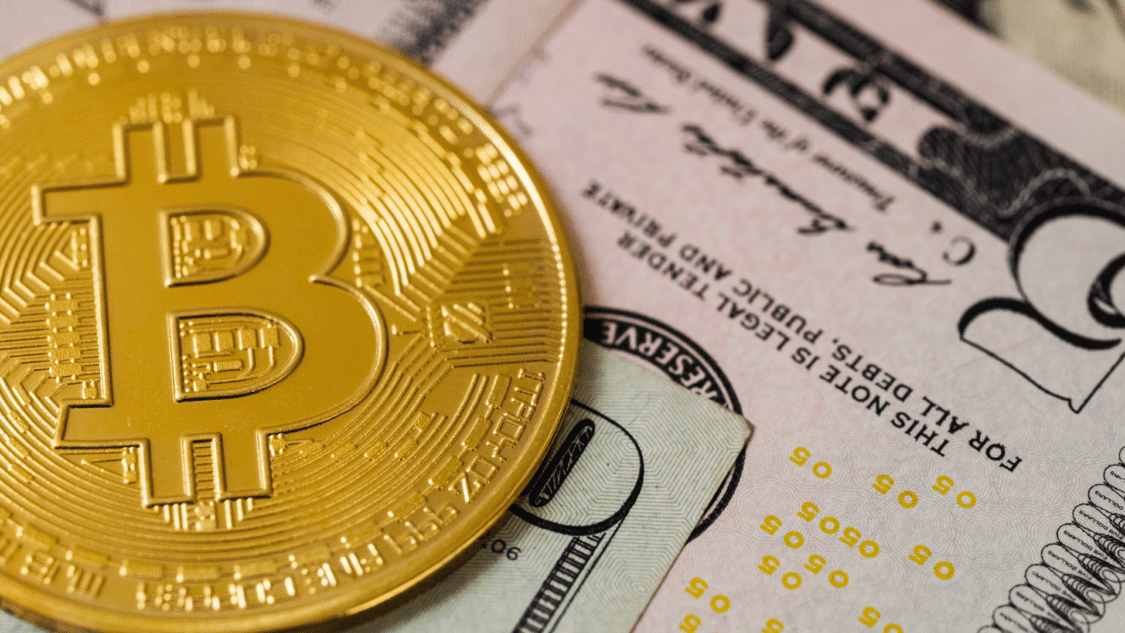Bitcoin Cash was brought about from the original Bitcoin; therefore, they have many things in common. They both run on a Proof of Work consensus; therefore, the system is open for anyone to use. People who used Bitcoin before this fork could receive an equal amount after the BCH fork. The exact address string, however, performs on different networks.

How does BCH work?
Like Bitcoin, Bitcoin Cash has a target block of 10 minutes and a maximum supply of 21 million coins. The rate of emission of bitcoin cash halves every 210,000 blocks, resulting in about every four years. The current block reward falls out to roughly 6.25 BCH per block.
The block size limit for Bitcoin Cash has been increased, unlike the original Bitcoin. This allows for more transactions to be included in a single block. The block size limit originally stood at 1 MB, then was raised to 8 MB and increased again to 32 MB.

They both share the similarity of using the difficulty adjustment algorithm (DAA). Bitcoin adjusting the difficulty every 2016, and BCH adjusted after every block. The Schnorr Signature implemented by Bitcoin changes the way digital signatures are used. It is a simple and secure way to protect privacy and scalability.
How are payments made?
The BCH community believes that BCH can be used quickly and efficiently. Anyone holding a BCH wallet can easily send and receive money from one to the other. It provides quick transaction times and low fees and can be suitable for daily use, especially when making small payments. Bitcoin Cash has yet to become widespread. However, it has been accepted in multiple stores, not to its total capacity.
Bitcoin Cash payments can be made in many ways, including mobile wallets, web wallets, hardware wallets, and paper wallets. Mobile and web wallets are generally the easiest to use, allowing users to send and receive Bitcoin Cash using their smartphone or computer. Hardware wallets provide high security because they store the private keys offline, less exposing them to hackers.
One of the benefits of using Bitcoin Cash for payments is its low transaction fees and fast processing times. The larger block size limit of Bitcoin Cash enables more transactions to be processed in each block. This results in shorter processing times and lower fees in comparison to Bitcoin. Overall, Bitcoin Cash payments are fast, secure, and decentralized, making it an enticing option for those looking for an efficient and affordable way to send and receive payments.
How can it be stored?
Various wallets can be used to store Bitcoin cash. Trust Wallet, Ledger, Trezor, and Cobo Vault are of the many. A desktop wallet such as Ethereum Cash can also store BCH. BCH supporters have recommended using Bitcoin.com or Coinomi wallets to hold the cash. Remember that BTC and BCH run on different blockchain networks; therefore, you can’t send Bitcoin to a Bitcoin Cash wallet and vice versa.
Regardless of the type of wallet, it’s important to ensure it is secure and trustworthy, as the safety of one’s Bitcoin Cash holdings depends on it. It’s also recommended to back up private keys in a safe location in case the wallet is lost or damaged. Users can safely and securely store their Bitcoin Cash for the long term by taking these precautions.

Are there any risks associated with Bitcoin Cash?
Just like any asset in the crypto market has volatility and fluctuates, so too does Bitcoin cash. Below we mentioned some of the common risks associated with bitcoin cash.
- Price Fluctuation: Like other cryptocurrencies, Bitcoin Cash is highly volatile and can fluctuate rapidly. This makes it risky as an investment and can make it challenging for everyday transactions.
- Security: Although Bitcoin Cash is generally considered secure, hacking or theft is always possible. Users must take relevant precautions to protect their private keys and ensure the security of their wallets.
- Regulation: Cryptocurrencies like Bitcoin Cash operate in a largely unregulated market; this makes them vulnerable to regulatory crackdowns or changes in government policy.
- Network risks: The Bitcoin Cash network is decentralized and relies on miners to validate transactions and maintain the blockchain. If a single entity or group controls a large portion of the network’s hash rate, it could pose a potential risk to the security and stability of the network.
- Adoption risk: Although Bitcoin Cash has gained some traction in the cryptocurrency community, it still has a road to cross to being widely adopted as a payment method. This could limit its usefulness and potential value in the long term.
- Competition: Other cryptocurrencies with comparable characteristics and capabilities to Bitcoin Cash are fierce competitors. While it has succeeded in establishing a market as a quick and inexpensive payment method, there is a chance that more recent and cutting-edge cryptocurrencies will eventually replace it. Furthermore, as governments start to investigate their digital currencies, the emergence of Central Bank Digital Currencies (CBDCs) may pose a severe threat to Bitcoin Cash and other decentralized cryptocurrencies.
What is the future of Bitcoin Cash?
In August 2017, Bitcoin Cash was created due to a hard fork from the original Bitcoin (BTC) blockchain. It has been used for transactions and as a store of value by cryptocurrency users worldwide. However, its future adoption is still being determined as it depends on several factors.
One potential scenario for the future of Bitcoin Cash is increased adoption. If it continues gaining acceptance as a payment method, it could become more widely used by merchants and consumers. This would help to boost its value and make it a more viable alternative to traditional payment methods. On the other hand, it comes with regulatory challenges that can limit its growth and adoption. Many countries and governments worldwide continue to grapple with how to regulate cryptocurrencies.
Technological advancements could also play a role in the future of Bitcoin Cash. BCH could potentially incorporate new features or upgrades that make it more competitive in the crypto market as technology continues to evolve. However, competition from other cryptocurrencies, such as Ethereum, Litecoin, and Ripple, could challenge its growth and adoption. The future of Bitcoin Cash is uncertain, but it is clear that the cryptocurrency market as a whole is still growing, and there is still plenty of room for innovation and disruption.
What are some misconceptions about Bitcoin Cash?
Bitcoin Cash (BCH) has been a victim of several misconceptions and criticisms since its introduction. One of the most common criticisms is that it is merely a copycat of Bitcoin (BTC) without originality. However, BCH was created to address the limitations of BTC. Its goal is to improve the slow transaction speeds and high fees.
Another misconception is that BCH is primarily used for speculation and investment rather than actual transactions. While there is some truth to this, many users and merchants use BCH to pay and store value.
These critics also say BCH is less secure than BTC due to its larger block sizes and different mining algorithm. However, supporters of BCH assert that it is still a reliable cryptocurrency. BCH has also been associated with illegal activities such as money laundering and drug trafficking, similar to BTC and other crypto assets. However, the majority of BCH transactions are likely legitimate and above board.
Finally, critics point out that BCH has limited adoption compared to other cryptocurrencies. While this holds true, BCH has still seen approval from users and merchants worldwide.
Overall, it’s essential to approach any investment or technology with a critical eye and thorough research. Despite its criticisms, BCH remains a legitimate and viable cryptocurrency with the potential for further growth.
Conclusion:
Among the various cryptocurrency forks created from Bitcoin, BCH has been one of the most successful, one that has stayed the most relevant. Although it has not surpassed Bitcoin, some stores have come to accept this new fork as a means of payment because of its low transaction fees and relatively quick confirmation time. Bitcoin is still considered the most secure blockchain network and continues to be the most popular form of cryptocurrency.
Despite the criticisms and misconceptions of Bitcoin Cash, it has continued to evolve since its creation in 2017. It has seen significant adoption and usage as a payment and store of value.
Looking ahead, the future of Bitcoin Cash is uncertain, as with any cryptocurrency. However, with its strong development community and continued innovation, it will likely be a relevant and important player in cryptocurrency. As more traders come to learn of its benefits and potential use cases, it’s possible that BCH could see even wider adoption and usage in the years to come. Overall, Bitcoin Cash remains a viable and valuable cryptocurrency worth watching as the crypto industry grows.
Interested in more wallets options: The Novi Wallet




